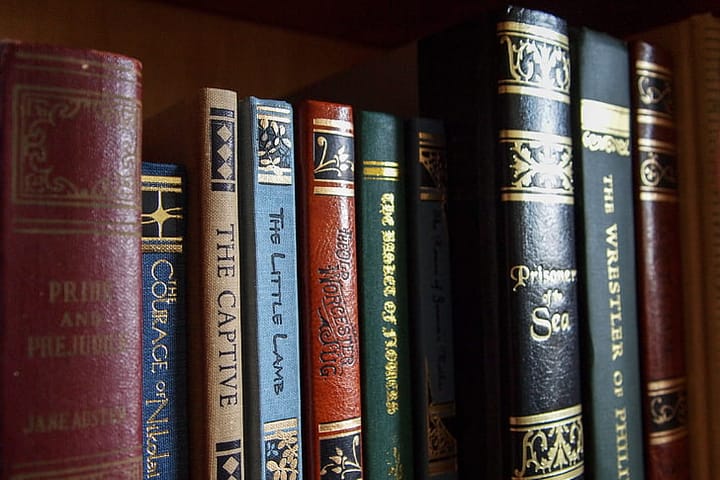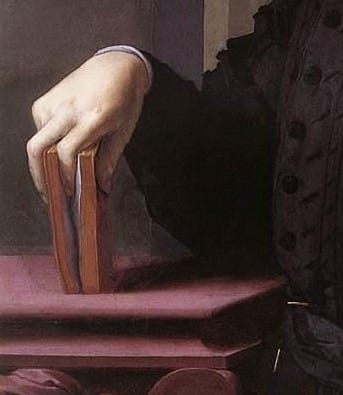Observations – History
President Donald Trump has now attacked our perception of our nation’s past. As a citizen, I have been disturbed by the wholesale destruction he has wrought. But as a historian, I am even more troubled by his efforts to direct how we think about ourselves.

President Donald Trump has now attacked our perception of our nation’s past. This follows his extraordinary attacks on universities, scientific scholarships, health insurance for the poor, and a host of other targets. As a citizen, I have been disturbed by the wholesale destruction he has wrought. But as a historian, I am even more troubled by his efforts to direct how we think about ourselves.
When I was in school – many years ago – we never got beyond World War I in my History classes. And there was almost no mention of the horrors of slavery, the internment of Japanese Americans during World War II, or even the role of women over the past 200 years.
In the 1960s, with the advent of the civil rights movement, and then the women’s movement, all that began to change. We began to confront those often horrible blemishes on our nation’s past as a way of voicing our determination to do better.
The DEI movement – diversity, equity, and inclusion – was but one reflection of a national effort to treat people, of all colors and persuasions, with fairness and dignity.
But now, our president has taken aim at all of those efforts. DEI is no longer acceptable in any way in the nation.
And the president has now demanded a saccharine view of anything and everything pertaining to the American past.
Too much attention to the horrors of slavery. Too great a willingness to do away with statues honoring those icons of a racist, Confederate past.
Too much revisionism.
But revision is the hallmark of good history. It involves building on the work of earlier scholars, questioning their assumptions and conclusions, just as good scientists do in every phase of their lives.
Now the president has demanded a review of all Smithsonian exhibits to cancel those he feels don’t provide an uplifting and sterile view of our national past.
I feel personally attacked. In the course of my career, I was fortunate enough to be part of textbook teams for both a college textbook and a high school textbook. In both of those, we paid careful attention to race, class and gender. We told the story of the civil rights movement and the reprehensible response it provoked, the women’s movement and the on-going efforts to diminish women, the government efforts to help the less fortunate in our midst. Parts of the story were grim, but they needed to be told. Otherwise, there would be no hope for change.
Now those efforts seem long-gone. The president has demanded a story in which white men predominate, in which conflict is gone, in which those less fortunate have no role, no voice, no importance.
Historians – myself among them – have devoted our lives to try to be honest, to see all sides of the story, to acknowledge the flaws in our national consciousness. The story has changed as we have learned more, questioned earlier assumptions, and been willing to understand those elements, both good and bad, that have made us who we are.
We ignore those at our peril. This national effort to try to recreate a largely white, largely male, largely affluent government – one that never existed – is unfair to everything that has made our nation what it is today.
Historians have a role in making us understand who we are. This effort to silence those who seek to understand our history, like the effort to constrain just about everything of value, can only bring an unfortunate result.
Allan Winkler is a University Distinguished Professor of History Emeritus at Miami University, where he taught for three decades. He serves on the Board of Directors for the Oxford Free Press.




